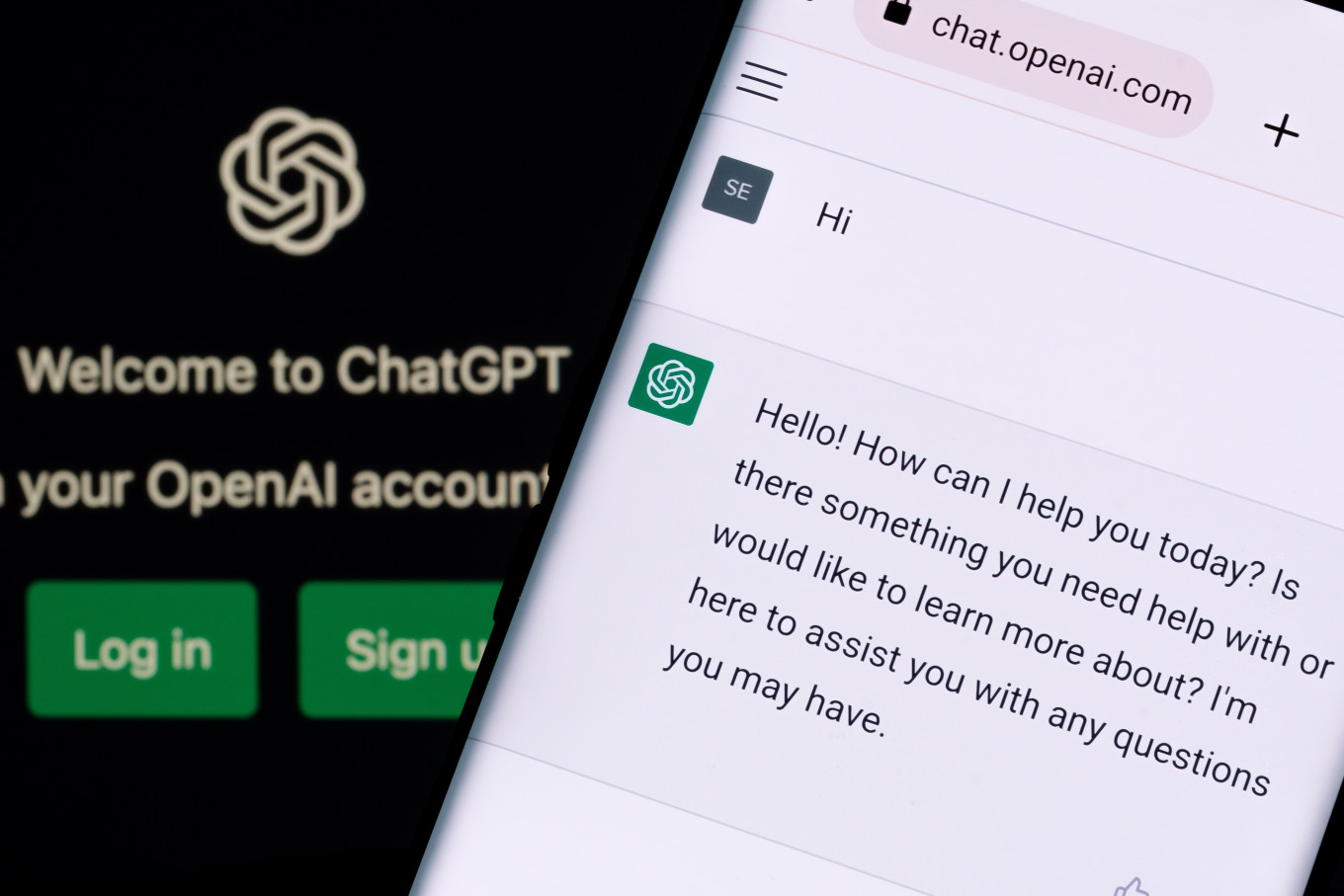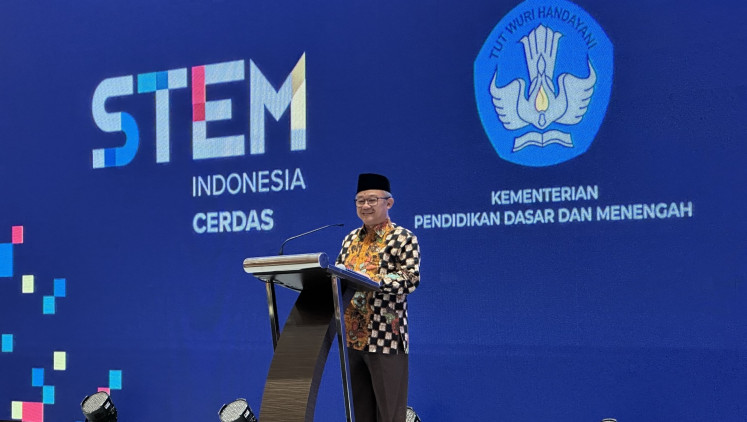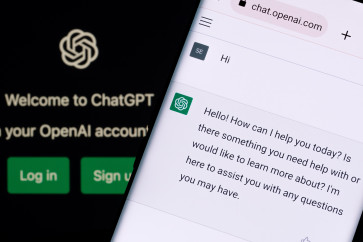Popular Reads
Top Results
Can't find what you're looking for?
View all search resultsPopular Reads
Top Results
Can't find what you're looking for?
View all search resultsWhat's wrong with ChatGPT?
AI technology can now be used to replace humans across a wider range of tasks. This could be a disaster not only for workers, but also for consumers and even investors.
Change text size
Gift Premium Articles
to Anyone
M
icrosoft is reportedly delighted with OpenAI’s ChatGPT, a natural-language artificial-intelligence (AI) program capable of generating text that reads as if a human wrote it. Taking advantage of easy access to finance over the past decade, companies and venture-capital funds invested billions in an AI arms race, resulting in a technology that can now be used to replace humans across a wider range of tasks. This could be a disaster not only for workers, but also for consumers and even investors.
The problem for workers is obvious: there will be fewer jobs requiring strong communication skills, and thus fewer positions that pay well. Cleaners, drivers and some other manual workers will keep their jobs, but everyone else should be afraid. Consider customer service. Instead of hiring people to interact with customers, companies will increasingly rely on generative AIs like ChatGPT to placate angry callers with clever and soothing words. Fewer entry-level jobs will mean fewer opportunities to start a career, continuing a trend established by earlier digital technologies.
Consumers, too, will suffer. Chatbots may be fine for handling entirely routine questions, but it is not routine questions that generally lead people to call customer service. When there is a real issue, like an airline grinding to a halt or a pipe bursting in your basement, you want to talk to a well-qualified, empathetic professional with the ability to marshal resources and organize timely solutions. You do not want to be put on hold for eight hours, but nor do you want to speak immediately to an eloquent but ultimately useless chatbot.
Of course, in an ideal world, new companies offering better customer service would emerge and seize market share. But in the real world, many barriers to entry make it difficult for new firms to expand quickly. You may love your local bakery or a friendly airline representative or a particular doctor, but think of what it takes to create a new grocery store chain, a new airline, or a new hospital. Existing firms have big advantages, including important forms of market power that allow them to choose which available technologies to adopt and to use them however they want.
More fundamentally, new companies offering better products and services generally require new technologies, such as digital tools that can make workers more effective and help create better customized services for the company’s clientele. But, since AI investments are putting automation first, these kinds of tools are not even being created.
Investors in publicly traded companies will also lose out in the age of ChatGPT. These companies could be improving the services they offer to consumers by investing in new technologies to make their workforces more productive and capable of performing new tasks, and by providing plenty of training for upgrading employees’ skills. But they are not doing so. Many executives remain obsessed with a strategy that ultimately will come to be remembered as self-defeating: paring back employment and keeping wages as low as possible. Executives pursue these cuts because it is what the smart kids (analysts, consultants, finance professors, other executives) say they should do, and because Wall Street judges their performance relative to other companies that are also squeezing workers as hard as they can.
AI is also poised to amplify the deleterious social effects of private equity. Already, vast fortunes can be made by buying up companies, loading them with debt while going private, and then hollowing out their workforces – all while paying high dividends to the new owners. Now, ChatGPT and other AI technologies will make it even easier to squeeze workers as much as possible through workplace surveillance, tougher working conditions, zero-hours contracts and so forth.



















